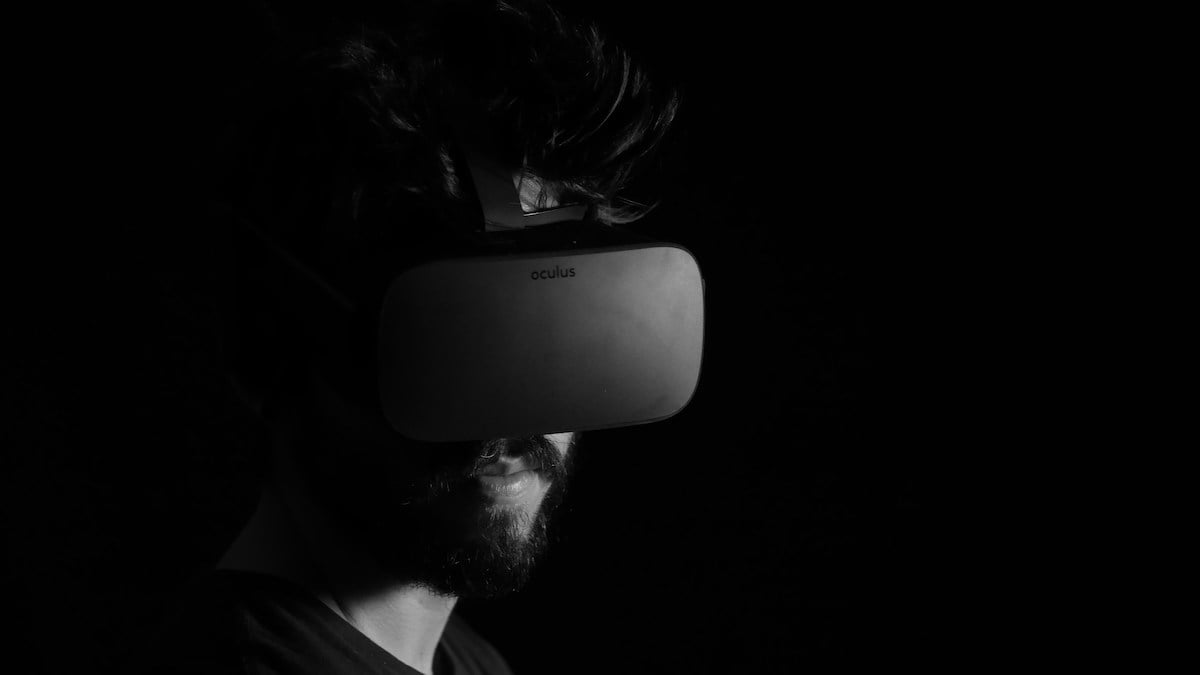A groundbreaking research project led by linguistic data expert Dr. Christopher Collins at Ontario Tech University aims to enable writing through hand gestures on high-tech devices, heralding a new era of interaction with digital spaces.
As the Canada Research Chair in Linguistic Information Visualization at Ontario Tech, Dr. Collins is among 17 Canadian academic leaders spearheading research to drive innovations necessary for constructing the metaverse – the next phase in social technologies and the successor to the mobile internet.
Supported by funding from Meta Reality Labs Research, various projects seek to forge digital realms and immersive 3D experiences via advanced devices, fostering fresh creative, social, and economic avenues.
Aiding communication
Dr. Collins’ project, fueled by the Meta Research grant, endeavors to pioneer novel techniques for individuals to interact with and write on ‘virtual whiteboards’ within augmented and virtual reality environments. For instance, a specific hand gesture could summon a whiteboard, allowing users to write with a pen or finger.
Over the past two years since the project began, Dr. Collins has been exploring contextually appropriate computing and interaction with the aim of devising systems capable of deciphering users’ intentions based on situational cues. For example, hand gestures. Furthermore, Dr. Collins is exploring eye gaze tracking to discern reading behavior and anticipate where additional information or assistance may be desired.
Amidst ongoing discourse about the metaverse, intrigue abounds regarding its real-world applications. Envisioned as an immersive 3D environment, the metaverse offers novel experiences that are not feasible in the physical realm. Potential real-world applications are vast, with early manifestations already evident.
In iGaming, for example, where augmented reality and virtual reality have been used for many years, it’s clear to see how the metaverse and gaming environments such as live casinos could interact. For instance, in the same city where Dr. Collins’ research is taking place, players can play live casino Ontario online games such as roulette and baccarat. Some of the most popular slot games on the site are from developers who have already explored AR and VR technologies to enhance their products. For instance, NetEnt’s Gonzo Quest VR five-reel slot and Microgaming’s VR Roulette. The industry has also already embraced key Web3 components such as the blockchain through the increasing use of cryptocurrency.
While the global metaverse gaming market is expected to surpass $660 billion by the end of this decade, AR and VR are increasingly integrating into education, exemplified by platforms like Google Arts & Culture. Through this software, people can embark on virtual 3D tours of renowned museums, experience ballet performances, and explore global destinations, all from within the classroom.
From healthcare to real estate, retail, and social media, the metaverse proposes new ways within the digital realm to communicate. The work of Dr. Collins and his team at Ontario Tech will potentially see groundbreaking innovation in augmented and virtual reality environments. Their research is unearthing some of the practical uses for our future interactions inside the metaverse.
Credit: Source link



























